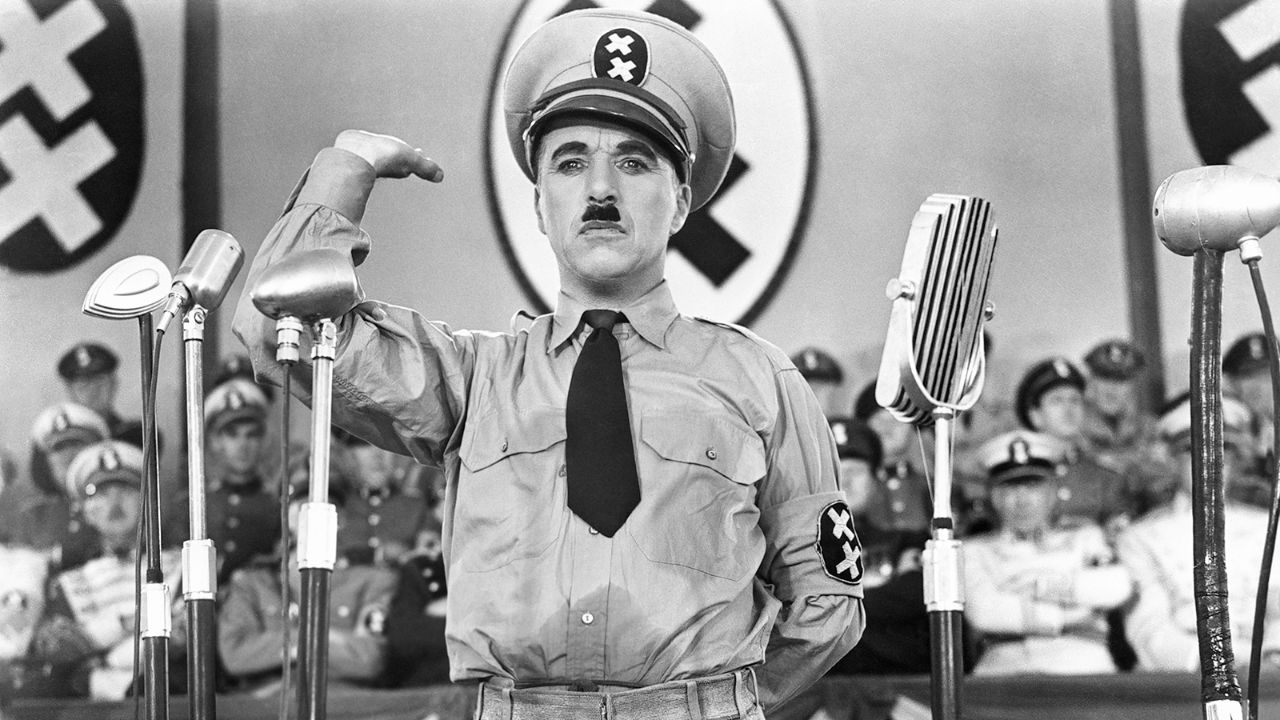
“They made us all train for this day. ‘To be fearless and proud and alone. To need no one, just sacrifice. All for the Fatherland.’ Oh God, all just empty words. It’s not the way they said it was, is it? I just want someone to be with. The only thing I feel is afraid.”
War movies often comment on the nature of war, showing how horrible it can be, but there are always things that undermine or prevent a truly negative comment, such as patriotism and exciting depictions of war. Even films that showed us true horrors, such as Platoon and Full Metal Jacket, also gave us heroes and camaraderie. Das Boot is different. For one, it’s a German movie about World War II—a time that Germany fully admits was a terrible time in their history, so there is no patriotism or need to give us heroes. Directed by Wolfgang Petersen (Air Force One, The Neverending Story) and starring an all-German cast, this film gives us horror on top of nihilism, with some characters even making negative comments on the propaganda the German government was pumping into young men’s heads at the time. This is also probably the most tense war film I’ve ever seen, which is saying a lot considering how hard-hitting other war films have been. But even in a genre full of powerful movies, Das Boot hits hard and shows us, perhaps more than any other film, that war is hell.
Continue reading “Das Boot”







